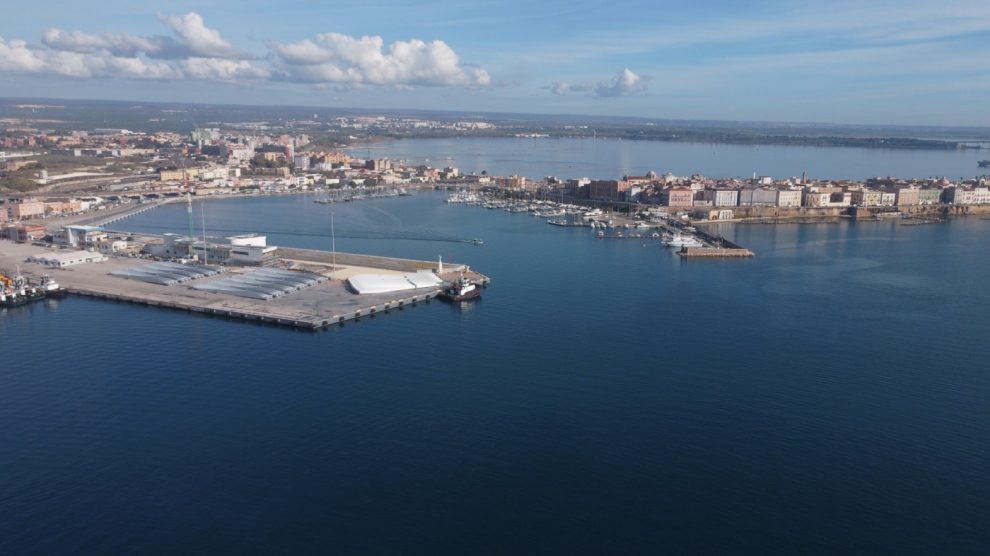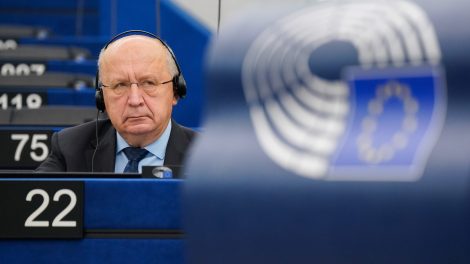Progetto Internazionale 39 is toast. The company was dissolved and put into liquidation, according to La Verità. Its shareholders included a delegate of the Chinese government in Italy, Sergio Gao Shuai, who held 33% of its shares (plus an additional 1% owned by an association he controls), and Decode39 has been following it as part of its coverage on China’s aims on Italy’s strategic infrastructures.
- This time, it was seaports — namely the Southern port of Taranto, a crucial shipping hub and key junction for NATO activities.
Well, they tried. Before dealing with transport and logistics, Progetto Internazionale 39 managed a pizza franchise chain in Rome under the name Pumma Brand. Then, in March, it won the tender for building a new logistics platform (with a surface area of over 132,000 square metres) in the Taranto seaport, beating the Danish company Vestas. However, the Port Authority recently rejected the concession, citing insufficient capitalization and issues with shareholders.
- The company “should have changed the shareholding structure, but this did not happen. Therefore, the application for the Taranto logistics platform was rejected,” writes La Verità. “It has been confirmed that [Progetto Internazionale 39] served only as a vehicle for a special-purpose company with other partners.”
- This, in turn, means that Vestas’ bid (relating to building blades for offshore wind turbines to be constructed near Taranto) is back on track.
It was strategic after all. The seaport of Taranto, along with that of Gioia Tauro, is a key area for the activities of the Italian Navy and NATO forces. And it has long been in China’s sights. For instance, back in April, the port greenlit a project to build a new hull production plant. It was proposed by Ferretti Group, which was controlled by Chinese State giant Weichai, who then sold off roughly half of its stake to allow for the company’s dual listing in Milan.
- Ferretti’s entrance into the Taranto seaport had been announced shortly after then-Prime Minister Giuseppe Conte signed the 2019 Memorandum of Understanding on the Belt and Road Initiative with Chinese President Xi Jinping.





